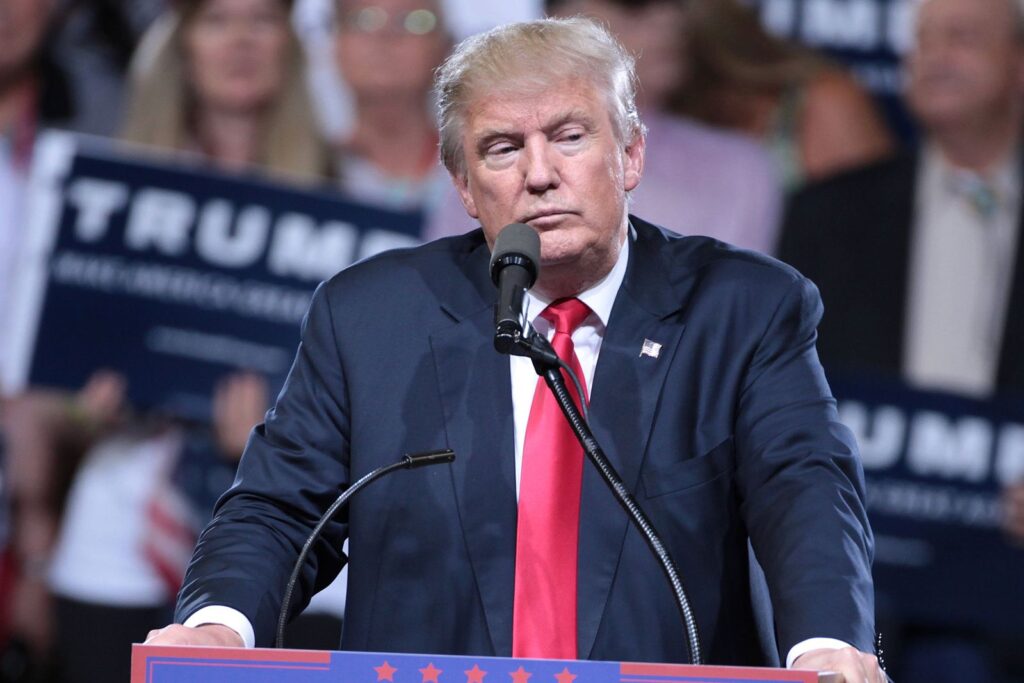
By Sam Louie, Originally published in Psychology Today
This past week, President Trump doubled down on his description of the coronavirus by calling it the “Chinese” virus for two days at the White House coronavirus task force’s daily news briefing. Trump defended the term by saying, “It’s not racist at all. No, not at all. It comes from China, that’s why. It comes from China. I want to be accurate.”
As an Asian American psychotherapist and workshop facilitator on multicultural issues, what Trump may not understand is that his terminology is indirectly blaming the virus on the Chinese by targeting its geographic and cultural origin. It puts a face, a culture, and a country as the ones to blame for this pandemic.
It’s can be considered racist in the sense that it racializes the disease and negatively implicates the Chinese people and the larger Asian global community at large. Yes, it started in China, but by calling it the “Chinese” virus he is perpetuating fear, hatred, and in some cases, violence against Chinese and Asians worldwide, as non-Asians are not in the habit of discerning Asian ethnic differences.
His verbal condemnation and blaming of China for this virus reinforces a larger issue many ethnic minorities face in the U.S., which is that of “White privilege,” a term coined by sociologist Dr. Robin DiAngelo. This is highlighted with his comment of “it’s not racist” and the inability to hear how the Asian community feels about the impact this has on them.
This is no different than when a Black or Latino person would like to give feedback to a White colleague that his or her language, comments, or jokes are inappropriate, but instead of showcasing cultural humility, oftentimes the White individual will get upset and become even more defensive by stating comments such as:
- “You’re playing the race card.”
- “It wasn’t intended to be racist.”
- “I don’t see it that way.”
- “I’ll be the judge of whether it was racist or not.”
- “I disagree.”
- “It was a harmless/innocent comment.”
- “You’re overreacting” or “You’re taking this too seriously.”
Trump’s defense is his belief that “it’s not racist.” It may not be racist in the conventional sense of burning a cross on the lawn of a Black homeowner or yelling racist epithets at people, but it’s still racist in the sense that indirectly reminds Chinese and other ethnic minorities that the White majority gets to decide what is or isn’t racist. The comment itself comes from Trump, who comes from a race that can make that blanket decision based on institutional power, privilege, and protection.
While level-headed White Americans may ignore Trump’s comments, what’s often lost in these discussions about individual acts of racism are the pernicious and invisible systemic and institutional powers that continue to promote, disseminate, and keep White Americans in a place of racial leverage against their fellow ethnic Americans.
Sam Louie is a psychotherapist in private practice specializing in addictions, Asian American issues and Christian counseling. Prior to therapy, he worked more than a dozen years as an Emmy Award-winning television news reporter where he researched and reported on a number of stories related to addictions, culture and psychotherapy. You can reach him at www.samlouiespeaks.com.
AsAmNews has Asian America in its heart. We’re an all-volunteer effort of dedicated staff and interns. Check out our new Instagram account. Go to our Twitter feed and Facebook page for more content. Please consider interning, joining our staff, or submitting a story.


RE: Racializing the coronaviurs: Why Trump’s description of it as the “Chinese” virus validates racial hatred: “In recent years, several new human infectious diseases have emerged. The use of names such as ‘swine flu’ and ‘Middle East Respiratory Syndrome’ has had unintended negative impacts by stigmatizing certain communities or economic sectors,” says Dr Keiji Fukuda, Assistant Director-General for Health Security, WHO. “This may seem like a trivial issue to some, but disease names really do matter to the people who are directly affected. We’ve seen certain disease names provoke a backlash against members of particular religious or ethnic communities, create unjustified barriers to travel, commerce and trade, and trigger needless slaughtering of food animals. This can have serious consequences for peoples’ lives and livelihoods.”
https://www.who.int/mediacentre/news/notes/2015/naming-new-diseases/en/